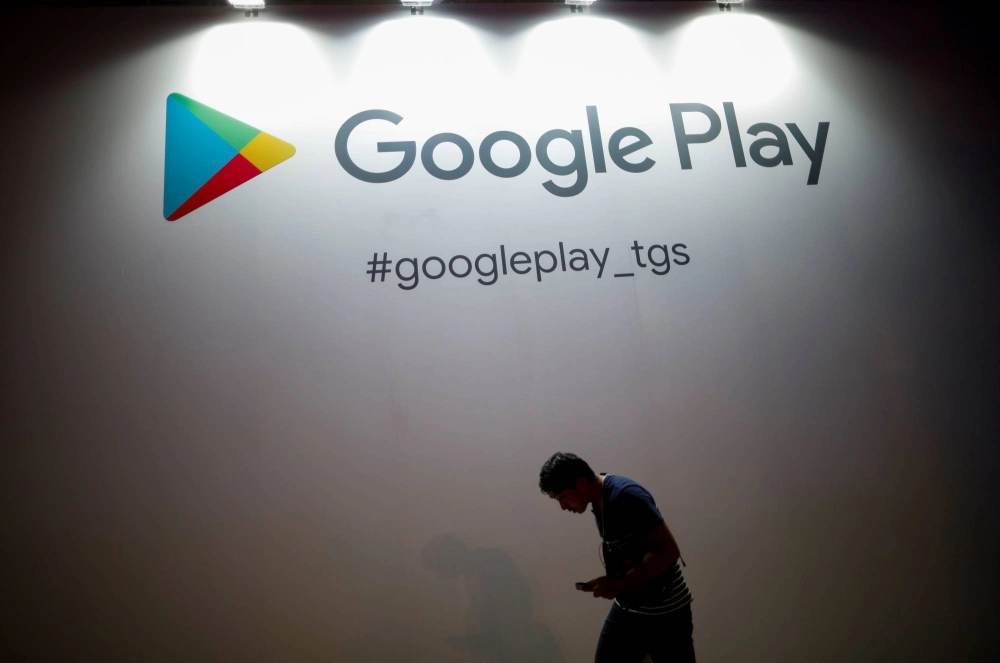In a bid to break Apple and Google’s dominance of the smartphone app ecosystem, the Japanese government is looking to change rules on app markets and payments to stimulate competition.
A bill submitted by the administration of Prime Minister Fumio Kishida would compel the dominant platforms to allow third parties to launch their own app markets and to offer more payment options, while banning the technology giants from giving preferential treatment to their own products.
Japan’s move comes as antitrust authorities in other countries and regions escalate moves to curb tech giants’ market supremacy.



















With your current subscription plan you can comment on stories. However, before writing your first comment, please create a display name in the Profile section of your subscriber account page.